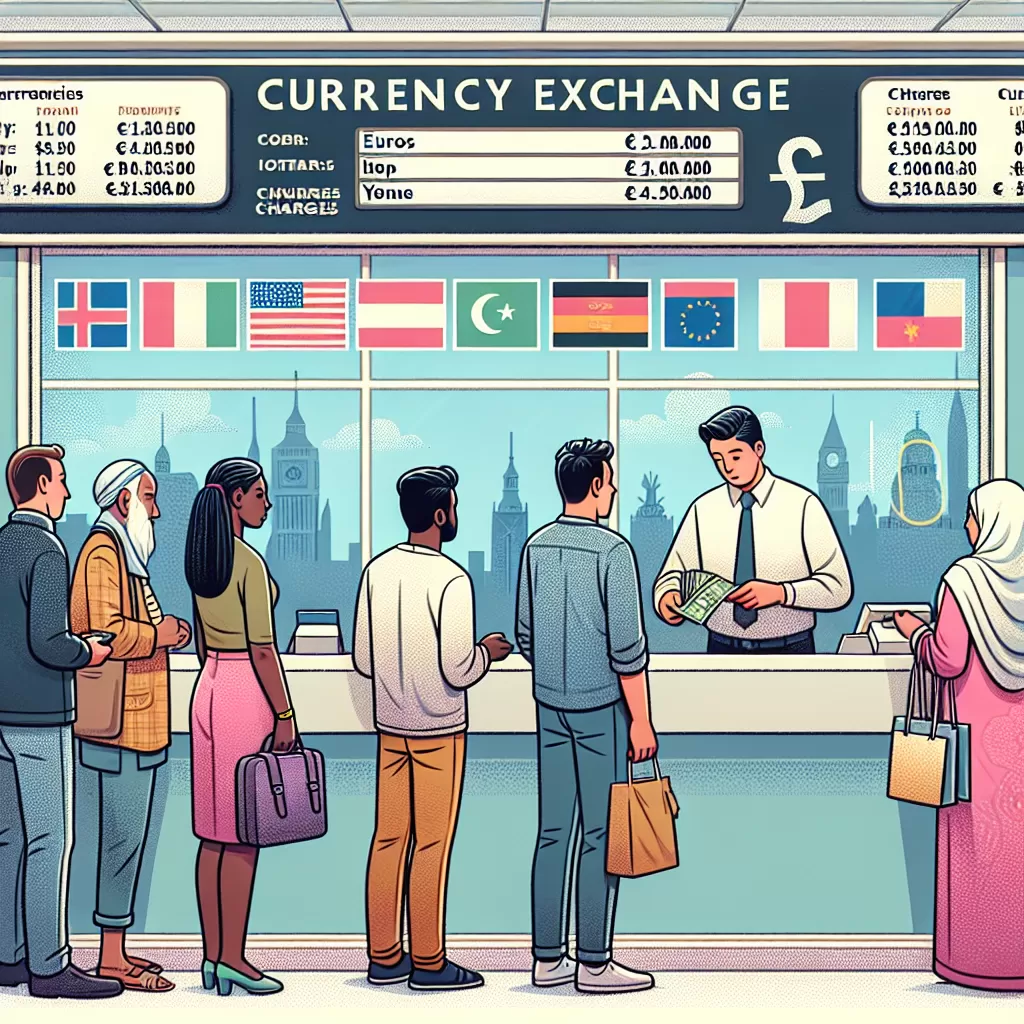How Much Currency Exchange Charges

Understanding Currency Exchange Charges: A Comprehensive Guide
When it comes to exchanging currency, whether it’s for business, travel or simply sending money abroad, there is a hidden dragon lurking in the shadows - exchange charges. This article aims to demystify this complex realm by providing in-depth insights on how currency exchange platforms calculate their charges. More essentially, it offers strategies that can be employed to minimise these expenses.
Why Do I Get Charged for Currency Exchange?
Exchange charges are a type of fee that financial institutions and online platforms levy for processing a currency conversion. These charges exist primarily because these organisations provide a service that enables you to exchange your money into another currency seamlessly. The charges cover the costs associated with maintaining the infrastructure required for such transactions and profit margins for the companies.
How Much Do Banks Charge for Currency Exchange?
Traditional banks are notorious for their high foreign exchange charges. Their fees are embedded in the exchange rate they quote, often making it significantly different from the real-time interbank or market rate. This discrepancy, known as the currency spread, can range from 2% to 3% for major currencies, but may reach up to 15% for less traded ones. Additional wire transfer charges may also be applied ranging from $10 to $35.
What are Independent Foreign Exchange Bureau Charges?
A foreign exchange bureau, or bureaux de change, might offer friendlier exchange rates compared to banks. However, they still apply charges in the form of commission, which typically ranges between 1% and 3% of the total sum exchanged. They might also have minimum fees that apply even for small transactions or handling fees for particular currencies. Be vigilant and inquire about any additional charges before moving forward with any transactions.
Online Money Transfer Agencies and Their Charges
Money transfer agencies such as Western Union or PayPal have attracted a significant customer base due to their convenience. They typically charge a small markup on the exchange rate and a transaction fee. The costs can be quite variable depending on the sum, the method of transfer and the locations involved.
The Cost of Using Credit and Debit Cards Overseas
Using credit or debit cards for overseas transactions can incur foreign currency conversion charges ranging between 0.5% and 1% for major currencies. Moreover, cash withdrawal fees at overseas ATMs could range between $2 to $5.
Online Currency Exchange Platforms fees
Online currency exchange platforms such as Revolut, TransferWise or Payoneer have risen in popularity due to their lower fees and transparency. These platforms minimize charges by offering interbank rates and charging a minimal percentage as their fee, resulting in significant savings for their clients.
Minimizing Currency Exchange Charges
Minimizing currency exchange costs involves research, comparing rates across multiple platforms, and understanding how each platform levies its charges. Opt for platforms with transparent fees, consider preemptive currency conversions if market rates are favourable, and avoid small frequent exchanges in favour of larger sums for better rates.
Final thoughts
Understanding currency exchange charges empowers you to make informed decisions regarding your transactions, potentially saving significant amounts. However, remember to always factor in the convenience, speed, and security offered by each platform alongside their charges.